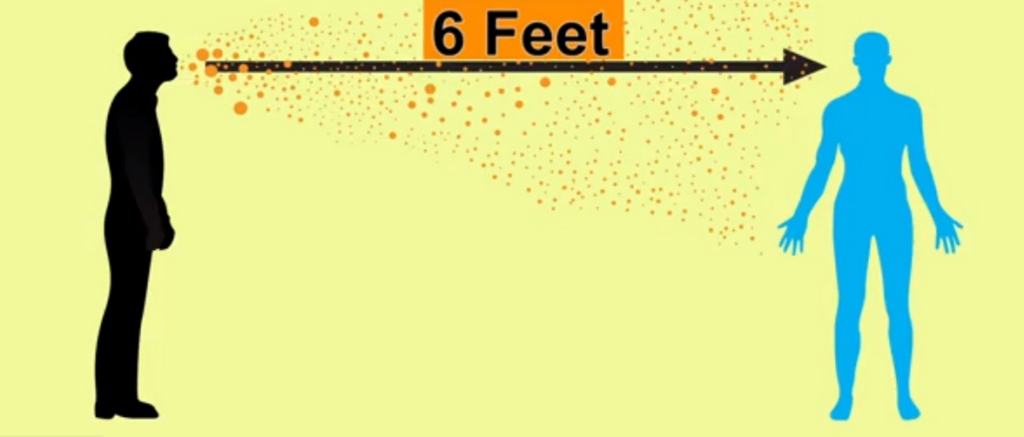Ever notice how language changes during a crisis?
It happened in 2008, with the start of the depression: the terms ‘credit crunch’ and ‘squeezed middle’ flew around like bullets.
Now we find ourselves in the middle of another crisis – arguably, a much bigger crisis.
We’ve never seen anything like coronavirus in our lifetimes (unless we’re around 110 years old and witnessed the Spanish flu pandemic).
With that in mind, we’re hearing that we’re living in ‘unprecedented times’. We hear/read this at least 20 times per day, across newspapers, TV news bulletins, the daily briefing, talk radio shows.
If we’re not living in ‘unprecedented times’, then – either from relatives and friends or the previously mentioned media outlets – we’re living in ‘surreal times’, or ‘challenging times’, or we’re in ‘unchartered waters’.
It’s always one of these four terms that are used, on rotation, when describing the current situation – even in the various emails I’ve received from different organisations, about how they’re handling the crisis.
And how many of us, four weeks ago, had ever heard of – let alone used – the terms ‘social distancing’ or ‘self-isolation’?
Surely ‘self-isolation’ is just quarrantine… but in these times, no-one wants to use such an alarmist terms perhaps: ‘self-isolation’ is a softer term – lessens the fear factor… but it’s such an awkward phrase.
And we’d never used the term ‘social distancing’ four weeks ago: I can’t ever remember hearing it in my lifetime.
‘Two metres apart’ has also become a constant, but I guess that’s just an extension to ‘social distancing’.
Whatever the case, these terms have now – through a crisis – made it into our everyday language. And, by the looks of things, this virus isn’t going away anytime soon (even if it is, we’ll never forgot this period of time), so these terms are here to stay. Don’t be surprised if ‘social distancing’ is added to the OED in the next year.
Here’s hoping we all come out of this soon, with as few deaths as possible, but one thing’s for sure: language changes in a crisis, and, in the case of this one, the associated terms are here to stay.
